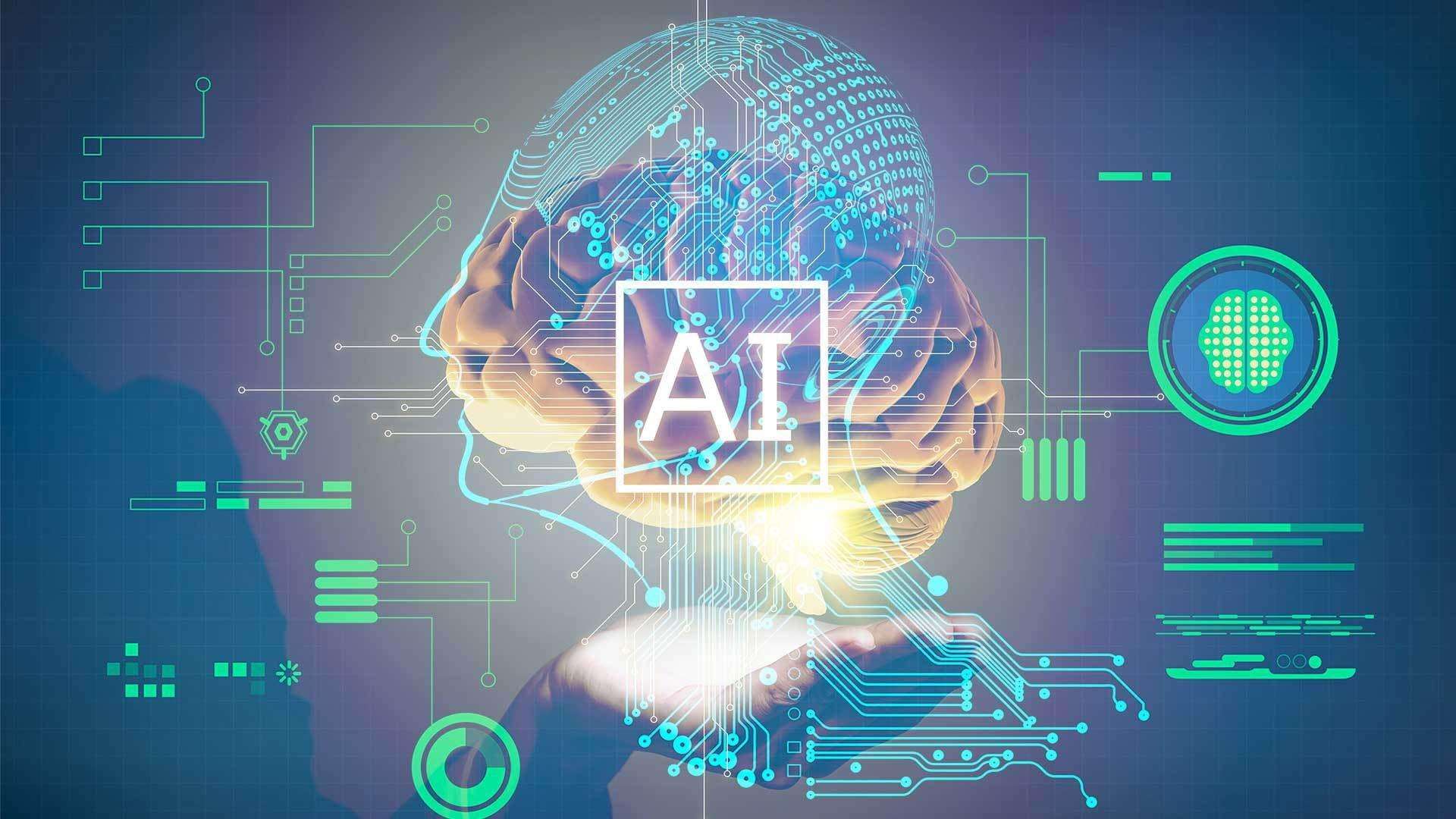1. Reactive Machines
Reactive machines are the most basic type of AI. They respond to specific inputs with fixed outputs but cannot learn from past experiences. They do not store memories or improve over time. A classic example is IBM’s Deep Blue, the chess-playing computer that defeated Garry Kasparov.
2. Limited Memory AI
Limited memory AI can learn from historical data to make better decisions. It uses stored information for a short period but does not build long-term knowledge. Most modern AI systems, including self-driving cars and virtual assistants, fall into this category because they learn from past interactions.
3. Theory of Mind AI
This advanced type of AI is still under research and development. Theory of Mind AI aims to understand human emotions, intentions, and social interactions. It would allow machines to engage in more natural and human-like communication. Once achieved, it could revolutionize healthcare, education, and customer service.
4. Self-Aware AI
Self-aware AI is the most advanced form, which currently does not exist. It refers to machines that possess consciousness, awareness, and understanding of their own existence. Such AI would not only process data but also think, feel, and make decisions independently.


